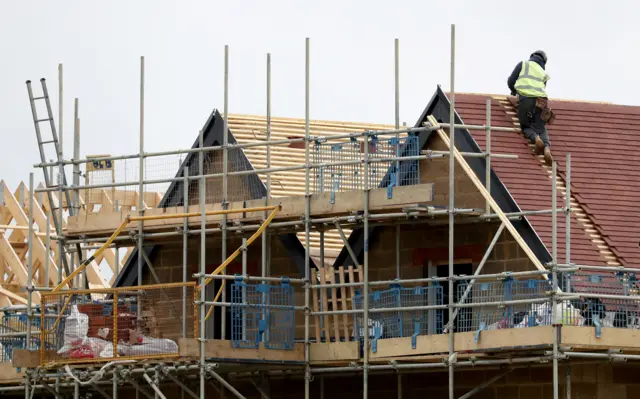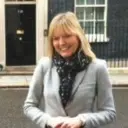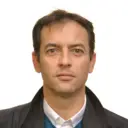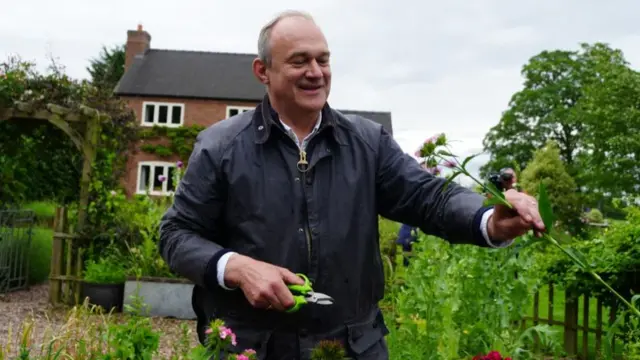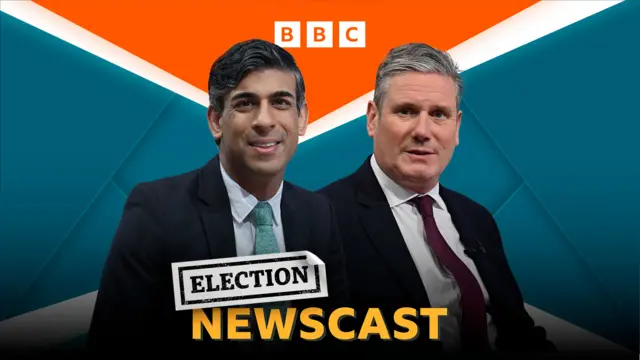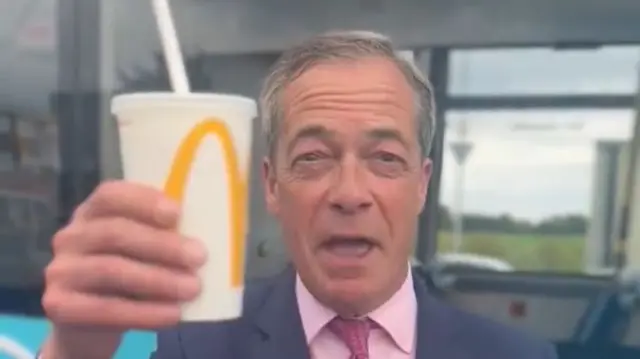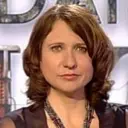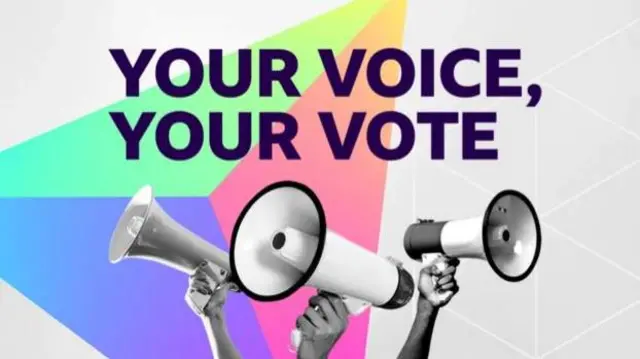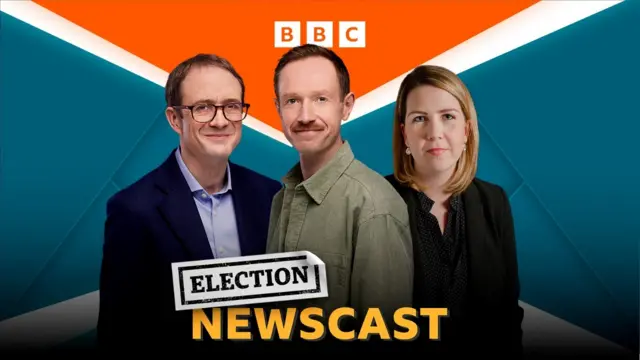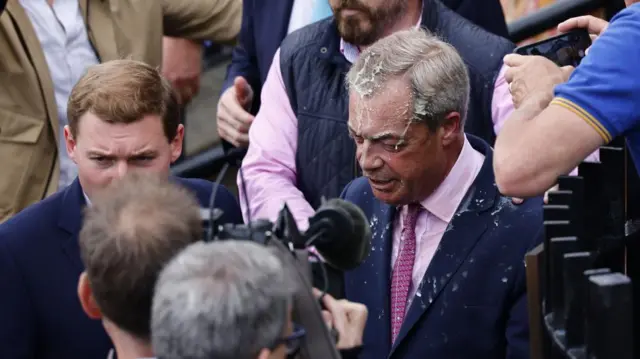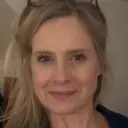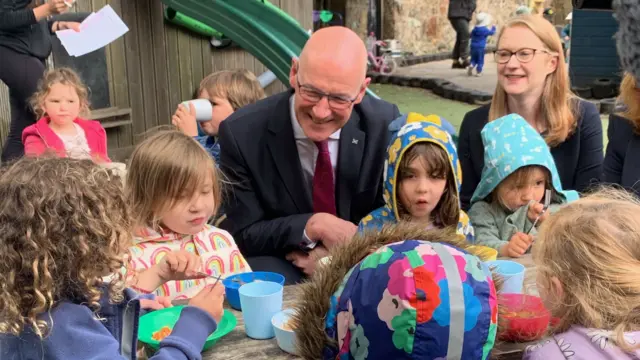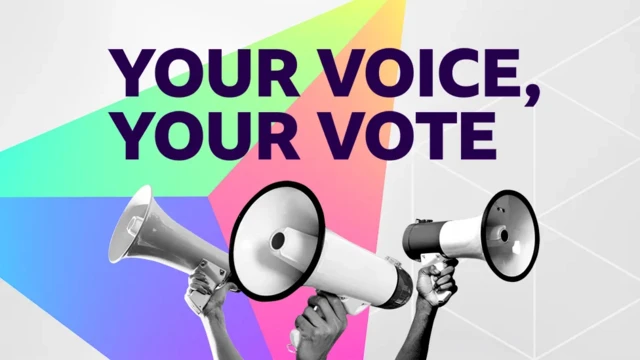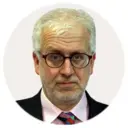
What does business want from the next government?published at 17:48 BST 4 June 2024
Daniel Thomas
Business reporter
One of the UK’s leading business groups has set out what it hopes to see within the first 100 days of the next government.
The Confederation of British Industry (CBI) called for a new trade and investment strategy, tax and planning reforms, as well as measures to tackle skills shortages.
Rain Newton-Smith, the group's chief executive, said whatever the outcome of the election, the next government should "shift gear and prioritise the long-term decisions that can deliver a decade of sustainable growth".
She continued: “Top of the in-tray should be sharpening the investor pitch for ‘Brand Britain’ - ensuring we are at the very top of the league table when it comes to investment.
“At the same time, a focus on building momentum behind the ‘big three’ enablers across tax, planning and the labour market within the first 100 days can give firms a clear flightpath for growth.”
